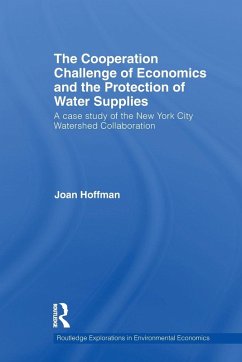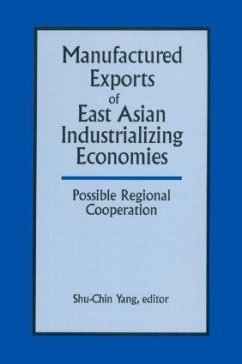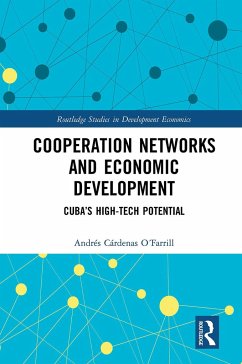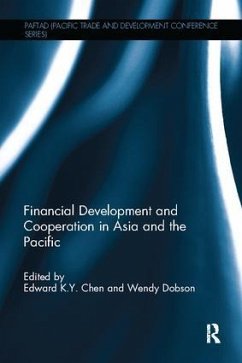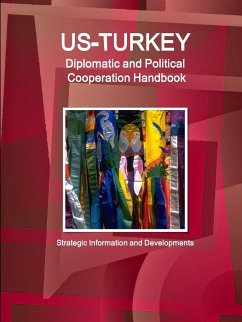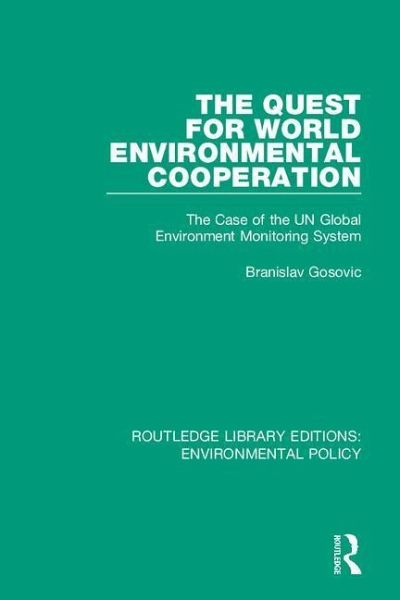
The Quest for World Environmental Cooperation
The Case of the UN Global Environment Monitoring System
Versandkostenfrei!
Versandfertig in 1-2 Wochen
50,99 €
inkl. MwSt.
Weitere Ausgaben:

PAYBACK Punkte
25 °P sammeln!
First published in 1992. In 1972, the UN Conference on the Human Environment initiated the process of world environmental cooperation. This study is about GEMS (the Global Environment Monitoring System) which the Conference recommended be set up to generate data and information necessary for worldwide environmental assessment. This book examines the genesis and evolution of GEMS, and the complex task involved in establishing GEMS and making it perform its functions. It relates GEMS to the factors which have shaped the international environmental agenda and cooperation since 1972. In particular...
First published in 1992. In 1972, the UN Conference on the Human Environment initiated the process of world environmental cooperation. This study is about GEMS (the Global Environment Monitoring System) which the Conference recommended be set up to generate data and information necessary for worldwide environmental assessment. This book examines the genesis and evolution of GEMS, and the complex task involved in establishing GEMS and making it perform its functions. It relates GEMS to the factors which have shaped the international environmental agenda and cooperation since 1972. In particular, it highlights North-South differences and the problems inherent in the international organizations belonging to the UN system, vis-á-vis the novel and multifaceted challenges involved in dealing with systemic, cross-sectoral nature of global environmental problems. The lessons of GEMS and other issues presented in this book are highly relevant to the continuing efforts to set up effective programmes for 'earthwatching' and to promote international environmental cooperation. They also relate more broadly to the challenges of managing global interdependence and to the need to devise supporting organizational structures through reform and strengthening of the UN system. The comprehensive nature of the political and institutional analyses presented in this book make it an academic reference work of lasting value. Its frank tone and willingness to derive prescriptive conclusions will appeal in particular to the many actors engaged in the processes and structures of global multilateral cooperation. The book will be of special use to those interested in environmental issues and international organization






